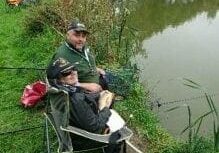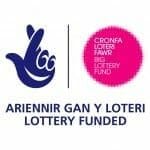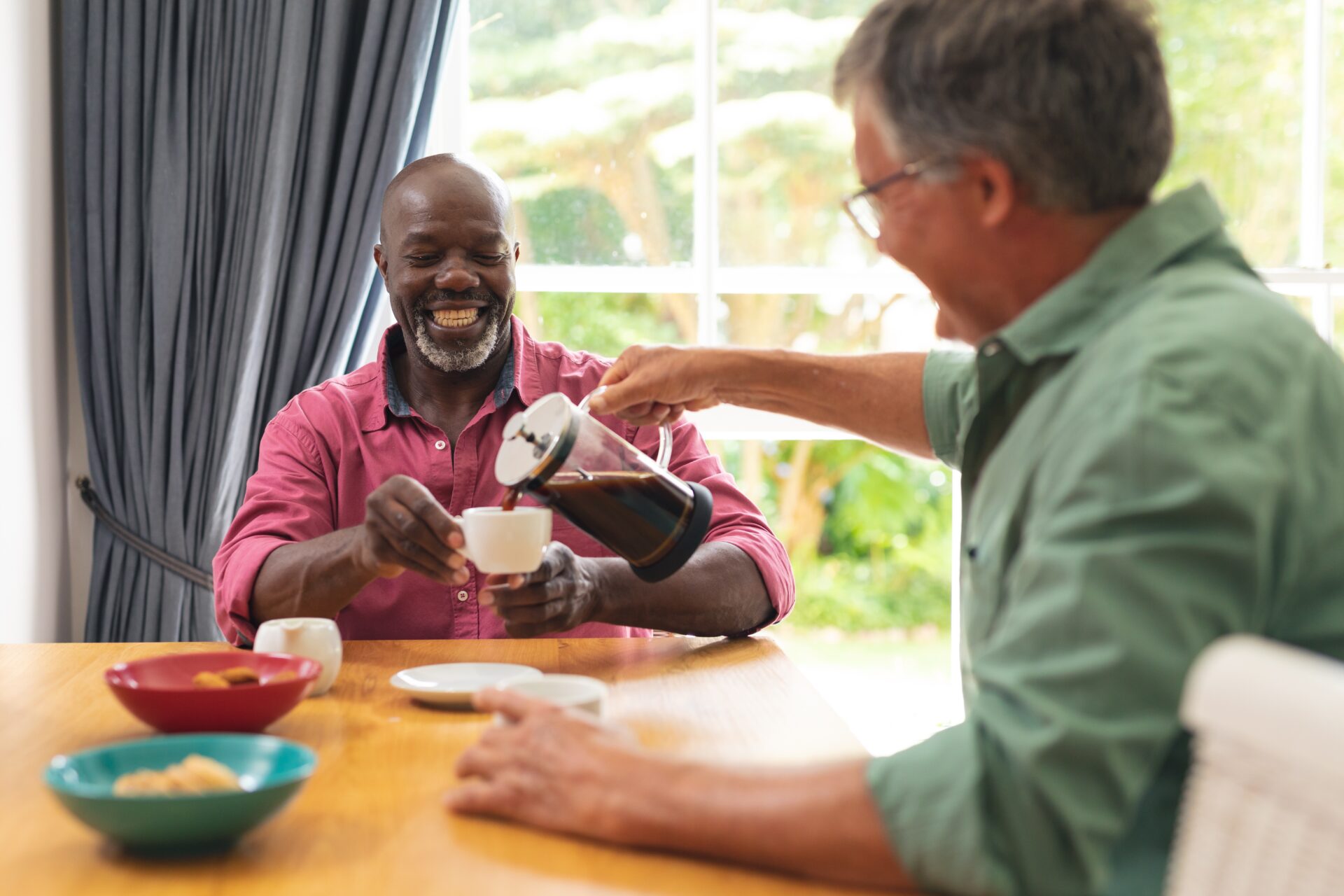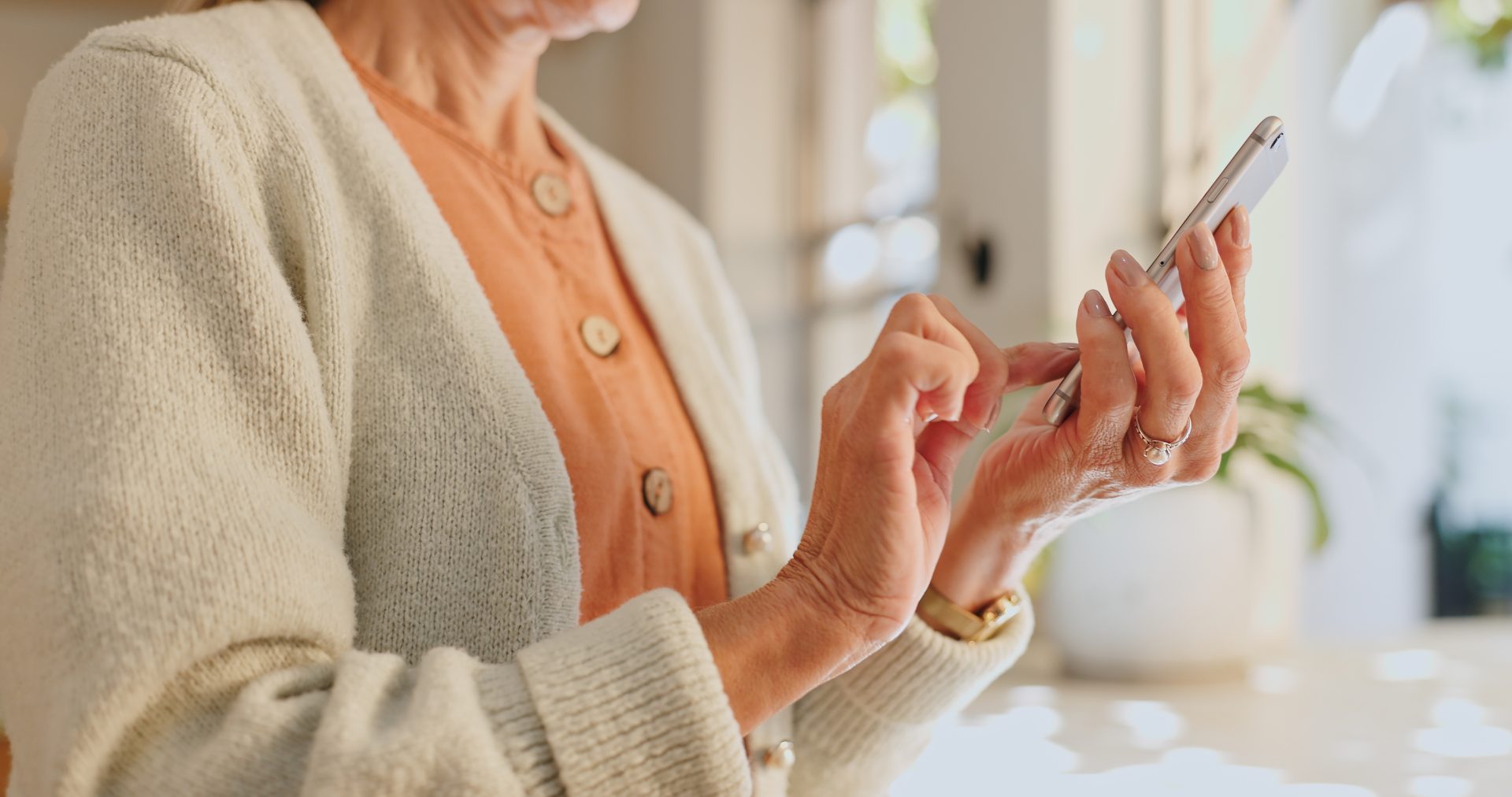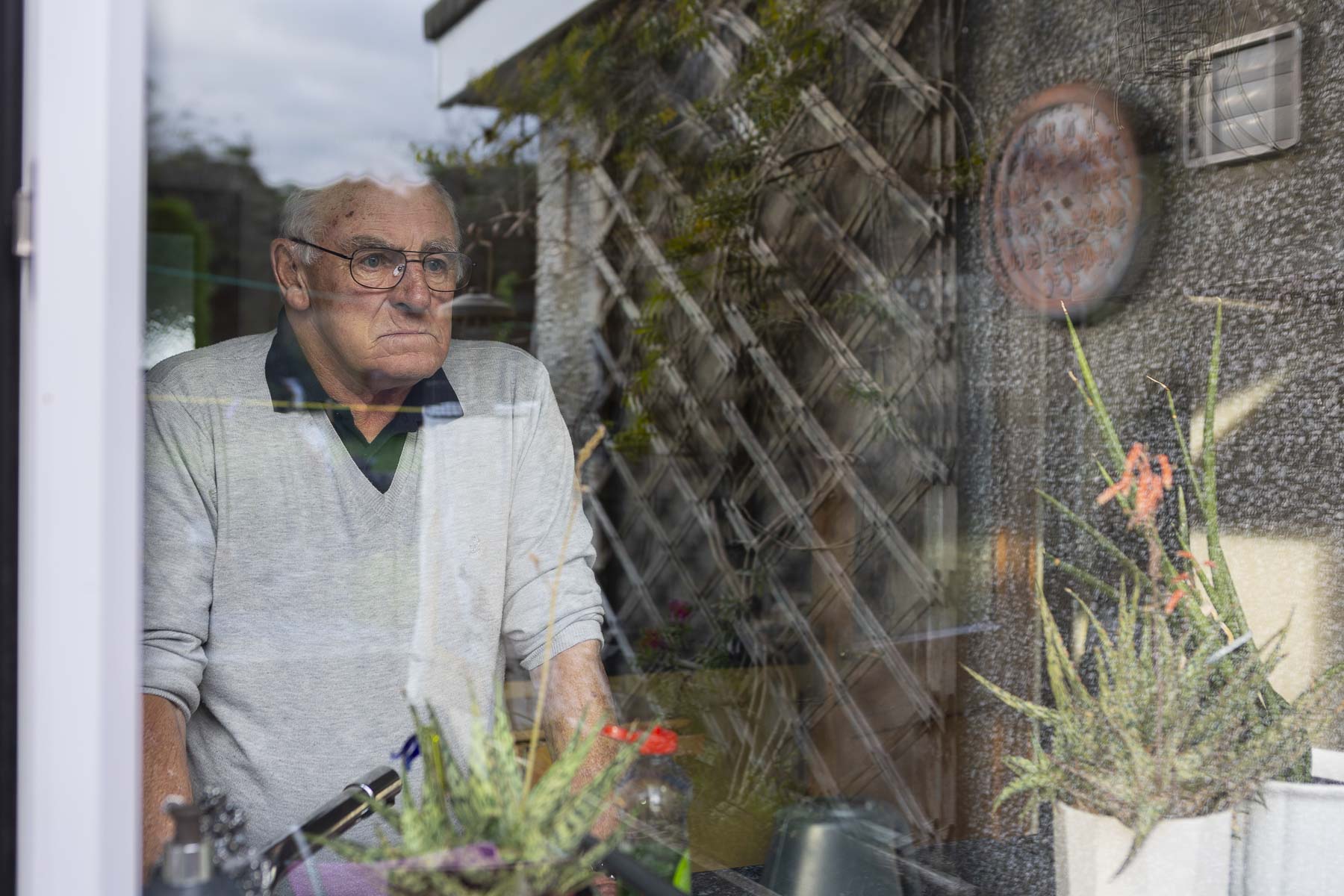Fran thought she’d never be able to fish again when she lost her sight. But Fran was lured back in with some help from Deafblind Cymru.
Fran, 56, recalls the time she caught a 14-pound fish: “I was so excited. It was a fight between me and the fish! I felt victorious and was very pleased with myself.”
Fran is registered blind due to retinitis pigmentosa, but thanks to Deafblind Cymru she has been able to go fishing regularly for the past seven years.
“I used to go fishing with my brother over 40 years ago,” Fran explains, “but I gave it up because of my sight loss and I wasn’t sure if I would enjoy it again.”
A friend told Fran about the charity’s fishing sessions and encouraged her to give them a try. “At first I was hesitant, but I had a lot of great help, so I got into the mood and I was reminded of how much I love it. I couldn’t get enough,” Fran says.
The charity runs these sessions four times a year for people who have some degree of sight and hearing loss.
“The fishermen [coaches] are very patient with me,” Fran continues.
“They guide me to where I’m sitting, ensuring I don’t get too close to the water and sit with me. They hand me the rod, of which there are many different sizes, and tell me when the fish takes the bait, allowing me to pull the rod up in good time.
“The coaches explain what fish I’ve caught, the size of it and we even have an opportunity to temporarily hold it. If a big one is caught, we can pose for a photo before it is returned to the lake.”
“When the fish is on the hook, it can sometimes drop back in to the water. It’s a lot like a competition… who’s going to win, you or the fish?!”
During the fishing sessions, participants are supported one-to-one by specially trained coaches who assist with some of the practical tasks, like baiting the hook and deciding where to cast the line.
Ray Peters, who volunteers as a coach, describes how they make the sessions as accessible and enjoyable for the participants as possible: “If we are communicating to people with sight loss, we paint a picture of the world in front of them. They feel the equipment and we explain in detail what exactly they are holding.”
“The attendee uses a pole or a whip (a light fishing rod), which they hold themselves. If the bait is caught by a fish, a vibration goes down the handle that can be felt. We then encourage them to pull it out of the water,” Ray explains.
“We are out in the fresh air and sometimes in the pouring rain, but it doesn’t stop us! Umbrellas are always at hand. The people that attend are such characters and simply want to enjoy being outside with good company. Seeing the smiles and happiness on their faces makes every session a joy” he says.
Deafblind UK believes that incredible opportunities such as these wouldn’t be possible without the help of volunteers like Ray.
Fran ends with saying: “The best thing is to just try it. Some might think that blind people are limited with what they can do, but help is available and there is always someone there next to you. I enjoy meeting and talking to new and different people. It is possible!”
Article written by RNIB: https://www.rnib.org.uk/rnibconnect/hooked-blind-woman-continues-pursue-her-love-fishing

